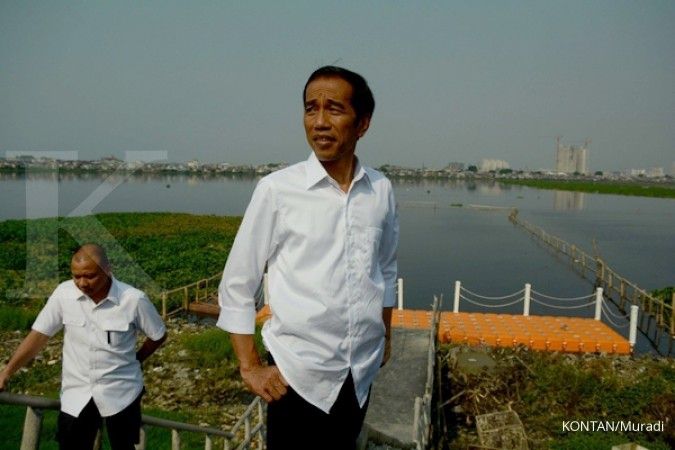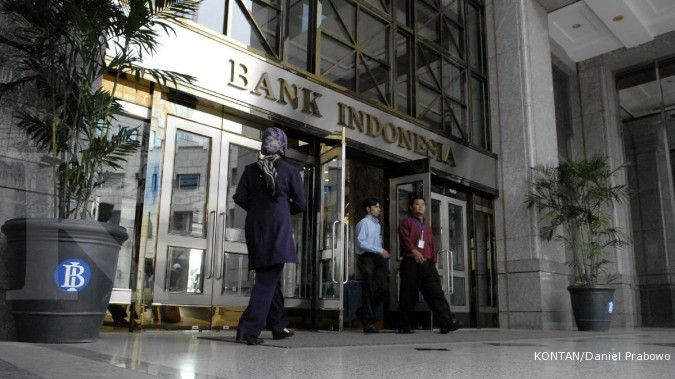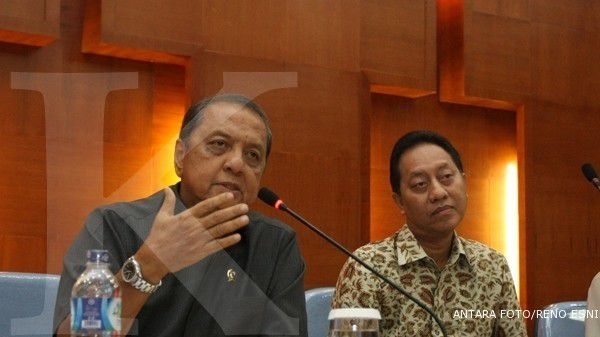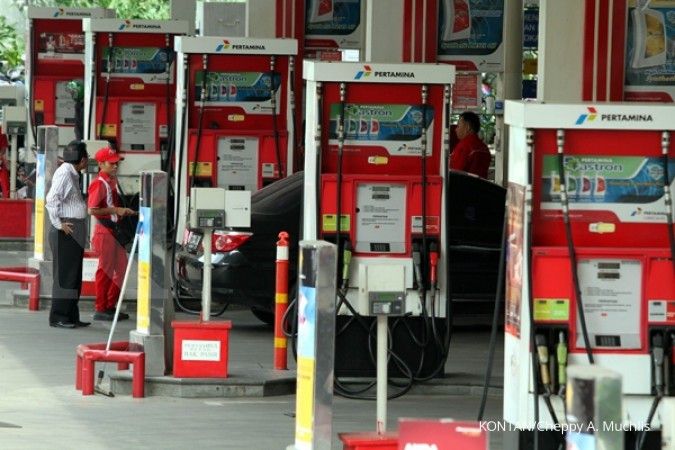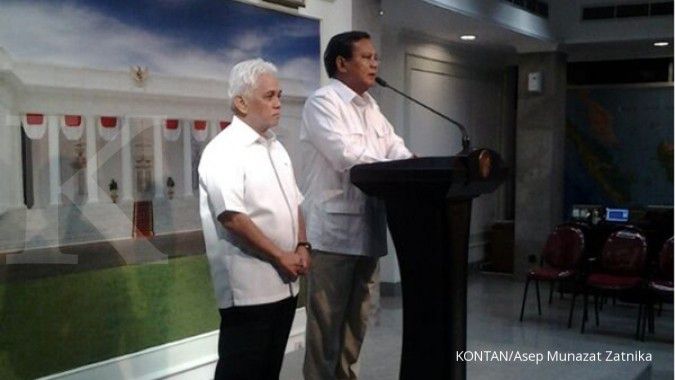JAAKARTA. The budget-straining fuel subsidy has been widely highlighted for several years now without any breakthrough in resolving the issue, but the recent policy to limit and, in some cases, withdraw subsidized fuel from several gas stations has made it clear to customers that the fuel subsidy must be reduced, economists say.
The Downstream Oil and Gas Regulatory Agency (BPH Migas) launched earlier this month efforts to curb the consumption of subsidized fuels, including withdrawing the sale of Premium gasoline and Solar diesel at a number of gas stations nationwide.
The measures are expected to keep this year’s allocated subsidized-fuel quota in check, as previous consumption data this year had indicated otherwise.
The policy may not prevent the subsidized fuel allocation from exceeding the quota, but it served as a first step toward changing vehicle-owners’ mind-sets about the availability of subsidized fuel, which should be considered a scarce commodity, said Tony A. Prasetiantono, director of the Center for Economic and Public Policy Studies at Gadjah Mada University (UGM) in Yogyakarta.
In spite of the volatility of the global oil price, Indonesians can still pay a fixed price of Rp 6,500 (55 US cents) per liter for Premium and Rp 5,500 per liter for Solar, as both are subsidized by the state budget, contributing in turn to the widening current-account deficit due to higher oil prices globally and a weakening rupiah. Indonesia is currently a net importer of oil.
“People should use [fuel] sparingly, and it should not be so easy to obtain,” Tony said.
Starting Monday, sales of subsidized Solar will only be allowed between 8 a.m. and 6 p.m. at all Pertamina gas stations in Java, Sumatra, Kalimantan and Bali, except for those on important logistical routes.
Pertamina gas stations located along toll roads will as of Wednesday stop selling the widely used Premium gasoline, instead offering only its own Pertamax fuel series.
Ahmad Erani Yustika, an economist at Brawijaya University, said the government needed to remain firm in its commitment to the policy, as it would take some time to determine whether the desired effect had been realized.
Indonesia’s fuel subsidy has been criticized by both domestic and international business players, economists and academics in recent years, as the kind of revenue that could be enjoyed if the subsidy was removed could help solve infrastructure bottlenecks as well as social and educational challenges in the country.
The government has capped the subsidized fuel quota at 46 million kiloliters (kl) for 2014, of which 29 million kl comprises Premium, 16 million kl comprises Solar and 900,000 kl is kerosene. However, as of the end of July, about 60 percent of the quota for Premium and Solar had been consumed, according to Pertamina.
At the current consumption pattern, it was estimated that the government would run out of its allocations of Solar on Nov. 30 and Premium on Dec. 19, local media reported.
/2013/09/19/748796056.jpg)
